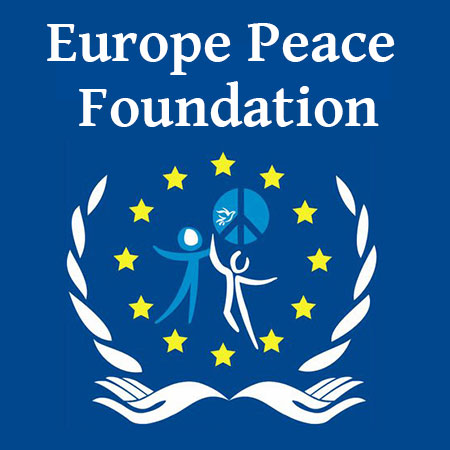Project: Constructing two health posts and donating two ambulances.
Place: Gokhunga y Juluke, Arghakanchi district.
Country: Nepal.
Cost per health post: €95.000.
Cost per ambulance: €40.000.
Total cost (2 health centers, 2 ambulances): €270.000.
Context and general description of the project:
Nepal is a landlocked country in South Asia, mainly located in the Himalayas, between China and India. Its population reaches almost 30 million people, from which only 19% live in urban areas. Currently, one of the main issues of the country is in the health sector. First, there’s a lack of road infrastructures which difficulties accessibility; second, there are millions of people living in towns under these rural conditions, completely isolated, without any kind of health center.
According to an inform presented by the World Health Organization in 2015, 46% of death causes in Nepal are due transmissible diseases, nutritional problems and complications during pregnancy, childbirth and post-childbirth. Chronic diseases are responsible of 42% of deaths, reaching a total of 98.000 victims per year.
After the earthquake in 2015, the -already- bad health issue, worsened. There were tens of thousands of victims and dead, and even in some of the country’s regions, the health system nearly collapsed. 462 health centers were destroyed due the tragedy and 765 clinics and administrative buildings suffered great damage. The earthquake obliterated everything in its way, leaving nothing but floods and isolation, thus affecting the remote districts the most.
The Arghakhanchi district is living proof of the economical, historical and natural difficulties facing Nepal.
Arghakhanchi district is located in the Province No. 5 in south-central Nepal, about 300 km southwest of Kathmandu is a mountainous district in the Mahabharat Range and Siwalik Hills. The western and southern areas of Arghakhanichi are populated by remote villages with limited access to health services.
Health care for rural communities in Nepal has always posed a challenge given the long distances to hospitals, the condition of roads and access to transport and the subsistence economy of farmers. With -practically- no health care in place, people suffer from preventable and curable diseases such as diarrhea, pneumonia and typhoid, becoming deadly when not attended to. Moreover, diseases proliferate and become sanitation problems affecting entire communities. When health care is sought, it is often when sicknesses are well advanced and their care is both complicated and expensive, further deterring people from seeking out professional health services. Additionally, the country’s infrastructure is ill prepared to service rural areas.
Arghakhanchi district already undeserved villages were severely affected by the 25 April 2015 earthquake, which destroyed most of the existing health facilities and medical administrative structures. The lack of investment from the government and the poverty of local communities in the southwestern regions prevent the health situation from improving. Today the health facilities in the remote areas are insufficient to provide medical attention due to lack of medical equipment and road conditions affected by floods and landslides that further isolate the community. Therefore, the Europe Peace Foundation is stepping in to create health posts equipped with professional staff, medical equipment and medicines to service the communities of Gokhunga and Jaluke. As the project advances, we will expand the model to provide the much needed health services to other communities in the district.
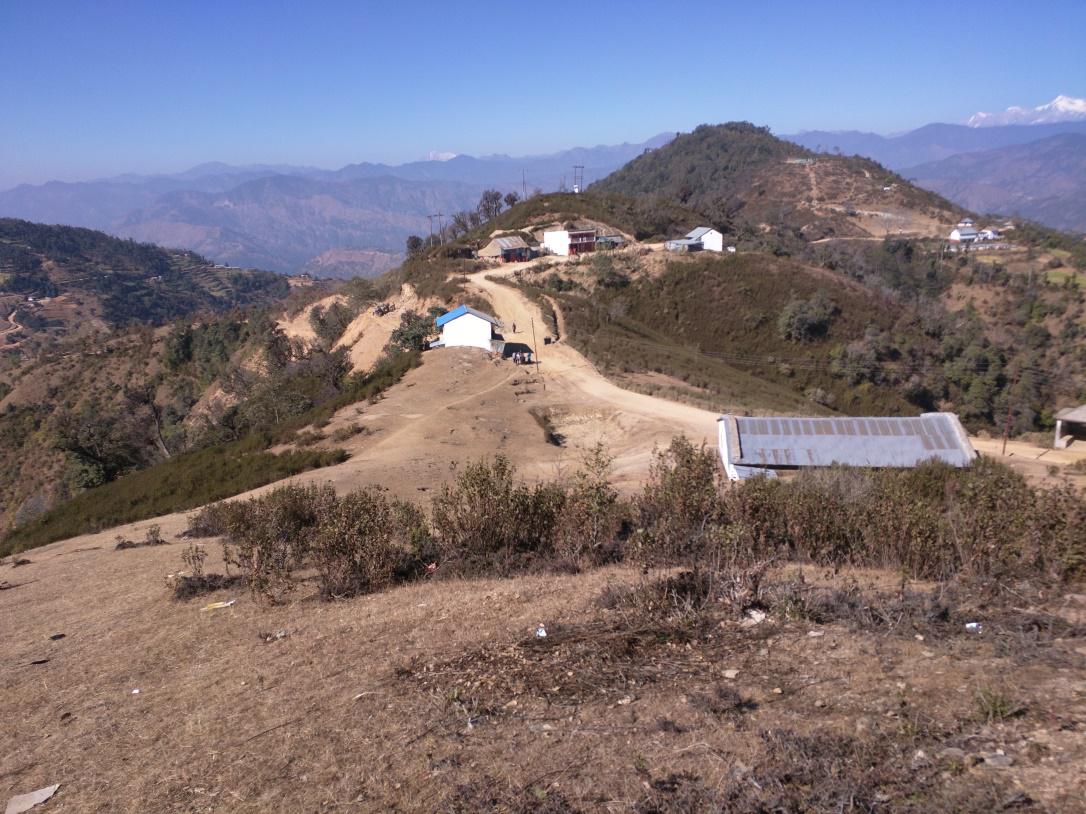
Surrounded by steep mountains colored by an endless gamut of green, the Arghakhanchi district is populated mostly by farmers whose meager wages impede them access to health care or transportation to places where these services are provided.
The geographical characteristics of the district situated on top of the mountains make the transportation extremely risky through narrow and rough roads. Potable water is scare and locals have to carry water up the hills on their backs and then boil it in open fire pits.
Data published by the Department of Health of Nepal states that the mortality rate in this district is higher compared to other parts of the region with a mortality rate of 43 per 1,000 people. There is also a high incidence of fatalities due to animal bites and stings as well as spinal cord injuries due to the lack of emergency medical services.
These statistics reflect the critical health situation of the area where specialized medical care is absent and people who require it have to be transported to the nearest cities of Butwal or Bhairahawa, 7-8 hours away, if they are able to cover such costly expenses. An improvised two-room depleted building equipped with Paracetamol is the only attempt of a health facility in the area. Locals have to walk for one hour or two to reach it even though it is unsuitable to address illnesses or provide basic emergency care. At the moment in the area there are no health professionals. A few community activists provide advice and over the counter medicines to needy patients.
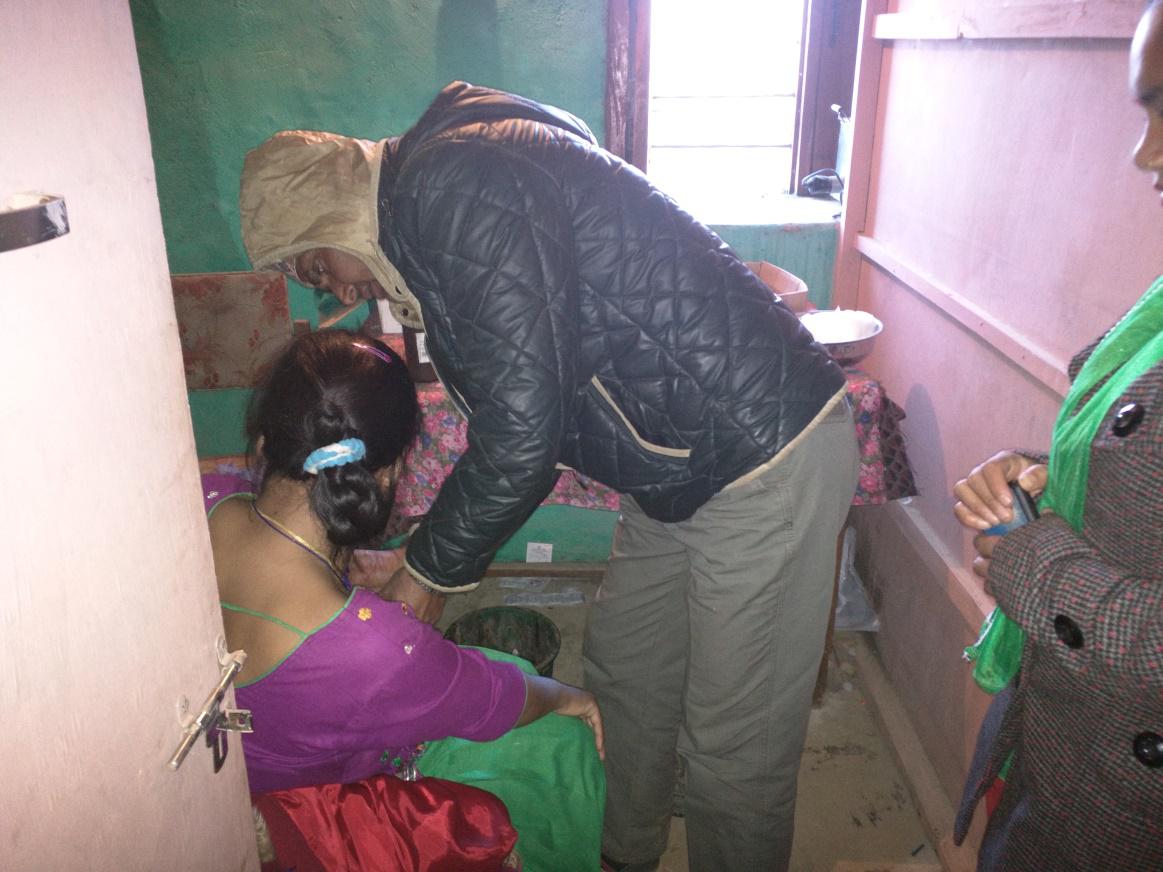
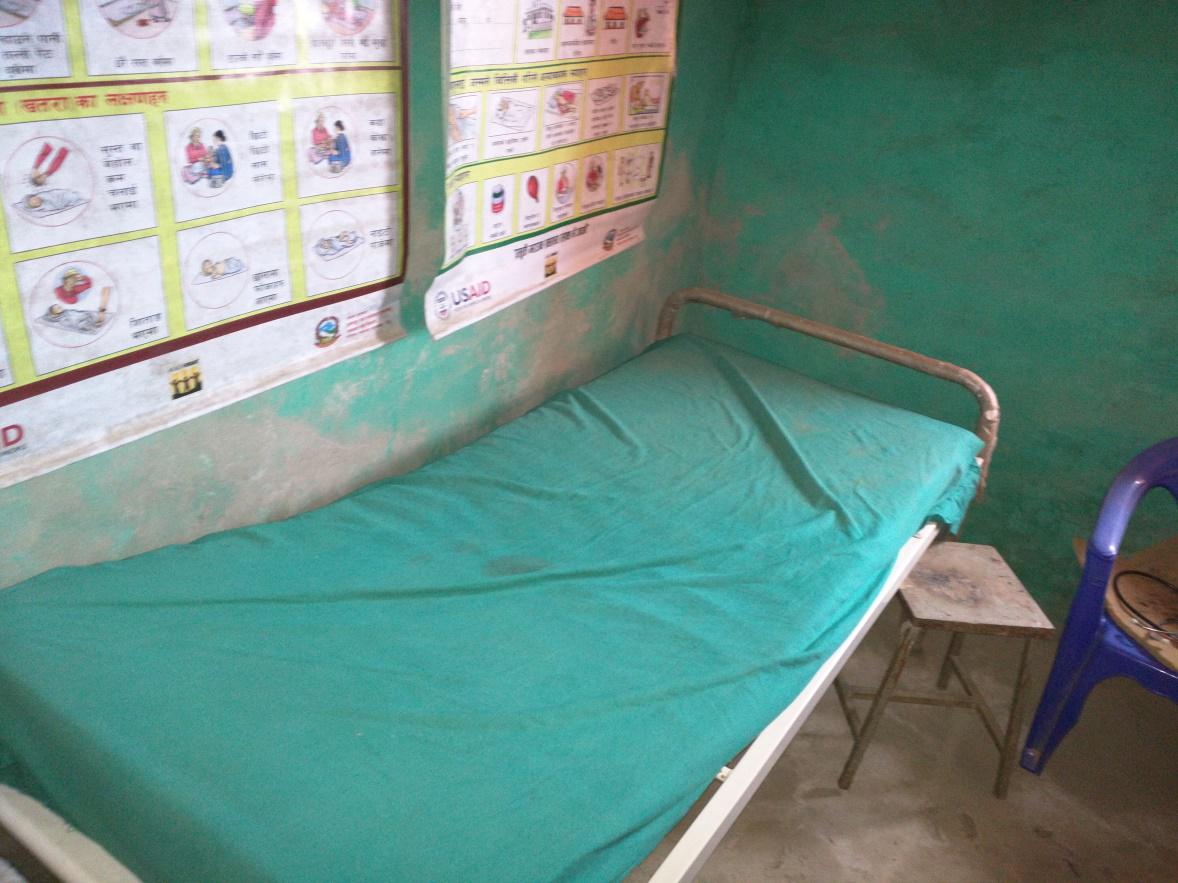
Arghakhanchi’s district has around 200,000 people, 50% of these live in extreme poverty. There’s only one hospital with 32 beds, that’s one bed for every 6,250 persons and one doctor for every 21,090 patients. The specialized medical services are located hours away, in the cities of Butwal and Siddharthanagar, making accessibility limited for people without vehicles nor money to afford transport. Mortality rate is even higher than other areas of the region, reaching 43 deaths for every 1000 persons. Mortality rate for new born goes from 25,6% to 41,6%.
During the year 2015, 1,496 confirmed cases of malaria and 2,751 of leprosy were reported, in addition to the high incidence of death caused by spinal cords injuries, insect and animal bites. In 2018, many people died from curable diseases such as diarrhea, pneumonia, typhoid fever, etc. A great percentage of those deaths could’ve been avoided with emergency medical services and access to medication.
In interviews made by the Europe Peace Foundation (EPF) in different towns of Arghakhanchi, was revealed that not only the remoteness, the lack of transport and the impossibilities of affording one, made it hard for the people to reach the hospital, but also the rain season increases these difficulties. Furthermore, worries about the time to reach the hospital were emphasized; round trip could reach up to a day. Women pointed out how bad this was affecting their lives since they are the ones to take care of their children and their homes. It was also mentioned, by several of the dwellers, an area where the relatives could spend the night while the patients are treated or hospitalized.
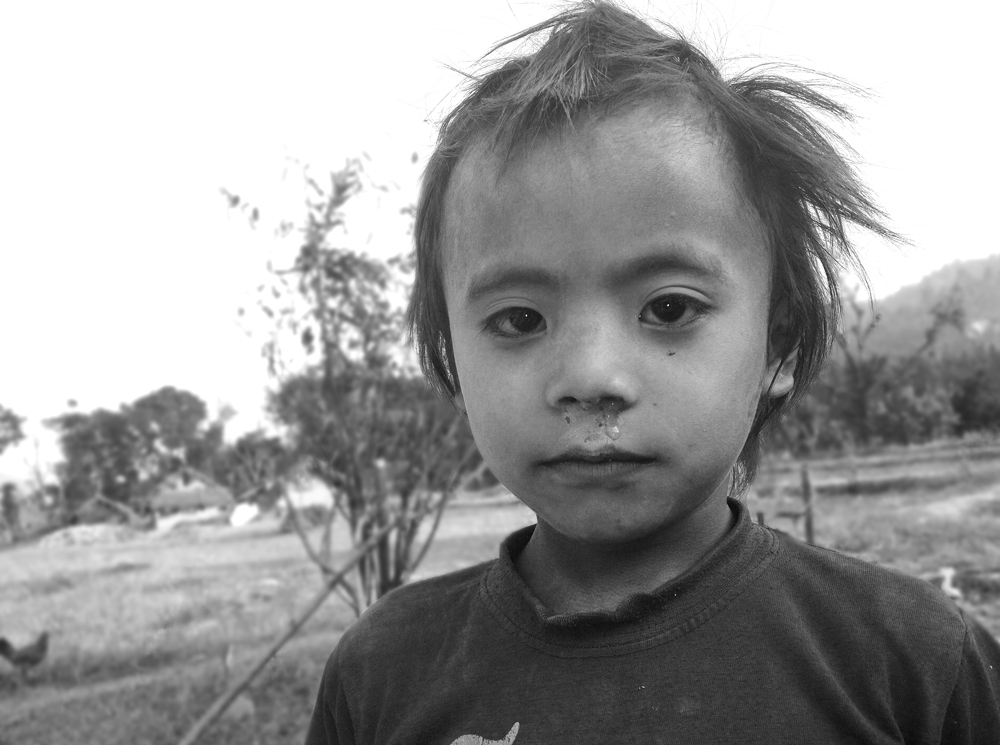
GLocated 25 kilometers from Arghakhanchi´s administrative headquarters, Sandhikharka, Gokhunga VDC are some of the most distant and isolated areas of the district. With approximately 20,000 inhabitants and historically abandoned to its fate, hygiene associated diseases including skin diseases, eye infections, acute respiratory infections and diarrhea are the three leading preventable diseases affecting the area, with the latter two being among the leading causes of child mortality. Another vulnerable aspect is the premature death of mothers during pregnancy and childbirth. All these causes are the tragic result of the absence of basic access to health care and immunizations.
Regular attention from medical professionals, medication, medical supplies, vaccination campaigns and health information will impact the high death toll for curable diseases like severe nutritional infections and epidemics, diarrhea, pneumonia and typhoid that continue to affect thousands of lives. Addressing these imperative needs by improving maternal and child health and immunization are urgent efforts.
Access to drinking water is another major crisis in the area where water sources usually are at the base of the mountains, becoming an arduous and dangerous task to reach through the steep roads. Another important health concern is the effect of cooking over open fires for the purpose of boiling water. What is the health concern here?
The creation of a health post constitutes an ethical response to the region´s deplorable health record. The health post will provide regular attention from medical professionals equipped with proper medications, supplies, vaccination campaigns and health information that will bring a drastic change to the community´s life expectancy and quality of life.
Juluke is the most remote and isolated community in the Arghakhanchi district. Juluke’s population is composed by 7000 inhabitants lacking the environmental determinants for better health, such as safe water, sanitation, hygiene and health-care. The high numbers in maternal and infant mortality as well as accidents and environmental fatalities are the living proof of the failure in the health care system. The presence of epidemic prone diseases, such as cholera and acute gastroenteritis, and emerging threats like dengue, influenza and leptospirosis, cause widespread illness and mortality.
The area is also prone to many natural disasters, particularly floods and landslides. The transportation in the area is challenging and often impossible due to weather conditions or inadequate vehicles. Adding more obstacles to reach health care services is the unendurable distance between this region and health care facilities. Patients undertake journeys in already severe situations and many of them die before reaching a health facility. Because of this, the availability of ambulances equipped to service the patient while they travel to more specialized facilities will have a tremendous impact on saving lives. First aid interventions as well as regular preventive care will reduce cultural and economic barriers to accessing health-care services and reversing the growing burden of communicable and preventable diseases, particularly by those who are poor, vulnerable and marginalized.
Creating a health post in this distant area will save most of the lives that are irrevocably lost today. Access to health care, emergency interventions, health education, vaccination campaigns and medication will revitalize the approach to primary health care and involve the community in preventive healthcare, which will in turn drastically impact the life expectancy and general well-being of the people most in need of Arghakhanichi.
The medical post that will serve as basic health care facility for emergencies, first aid, maternal and neonatal care, attention to injuries and traumas, vaccination campaigns and health education and will also have an ambulance available. The health post´s initiatives as well as the ambulances will be spread out across the Arghakhanchi district and be donated to the community.
The Europe Peace Foundation will gradually build additional medical posts in various parts of the district, giving to the community these services and facilities as a common good and community property.
I.To guarantee preventive medical assistance.
– Enable greater access to primary health care to all in their communities.
– Enable pediatric and obstetric care, pregnancy tests, natal and neonatal care.
– Cater a more accessible health service to all by providing an effective transport for emergencies.
– Make the health sector a more affordable service for the less fortunate.
– Create adjoining shelters along with the health post enabling accommodation and food for patients’ relatives.
– Support collaborative initiatives among the posts and the communities.
II. Providing an ambulance for each health post.
Currently, there are only two ambulances in the district of Arghakhanchi, which represents an insufficiency to cover the area and its emergencies. Another issue are the narrow landlocked paths in the mountains which are impassable during the rain season. The cater of transport and communication with other towns nearby increases the possibility of saving lives and also allows dwellers a more effective service. Specially for those with chronic diseases
III. Developing the health sector
– Create frequent immunization campaigns.
– Establish routine care during pregnancy and neonatal services.
– Dedicate special assistance to mother’s and children’s health.
– Specialized care to patients with tubercolosis, malaria and other easily spread diseases.
– Enable services of traumatology for spinal cord injuries, accidents, poisoning and animal bites.
– Sex education services.
– Education on the health sector and its most recent advances.
Additional resources
– Creation of establishments close by the post providing food to the patient’s relatives (cost in discussion).
– Provide shelters where relatives could spend the night and wait (cost in discussion).
– Develop informative material in collaboration with the community workers to let the community know of the services provided by the health post, making the link narrower and stronger between dwellers and medical team (cost in discussion).
*Once the post and the ambulance are ready to operate, its maintenance and functions will be in the hands of the local government.
Donations are the best way of showing solidarity and your collaboration is vital for us.
Every single gesture counts. Thank you for making it posible.
You can collaborate by making your donations via bank transfer to the account “Fundación Europe Peace” has at the Santander.
IBAN: ES48 0075 0451 90 0600415492
BIC/CODI SWIFT: POPUESMM (Essential to make donations from outside Spain).
Remember to put your name and ID in the subject field of the transfer in order to comply with the law “Prevención de Blanqueo de Capitales.”
